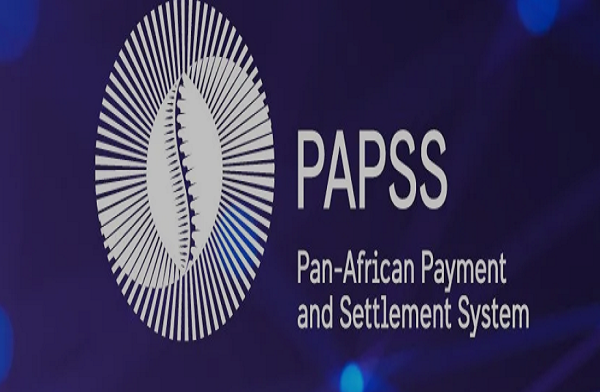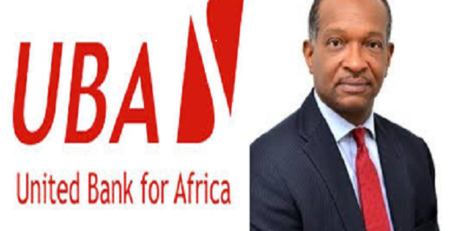Dr Alayande outlines importance of PAPSS at the 6th GITFiC
Dr Alayande Folarin, a Vice President of MasterCard has stated that the Pan African Payment and Settlement System (PAPSS) will enhance interconnection to all the Central Banks and Afrexim bank.
“For those who are familiar with the PAPSS, we know that there are existing mechanisms for similar settlements even though they are not connected to the Central Banks.”
Vice President Folarin stated this during a panel discussion at the 6th Ghana International Trade and Finance Conference GITFiC in Accra.
The discussion was on the topic: Towards an Effective and Efficient Mobile Money Transactional penetration in Africa ; A Catalyst to solving Cross Border Payment & Settlement, an Anticipated – Barrier within the Africa;- The Roles of Financial Regulators and Stockholders.
This annual conference on Trade & Finance attracts patrons from African countries and the rest of the world.

He said the continent had products in the market, one or two that could perform almost similar functions except that they do not have a connection to the central bank.
Dr Folarin said what the AU, Afrexim bank, Central Bank, and PAPSS were doing uniquely was providing the connection to the central bank to provide that instant net settlement as the case may be.
“Today, MasterCard has what we call the MasterCard send and a MasterCard home send that are built on the same logic. So, you can do your instant payment or peer-to-peer to any debit card or personal account to any digital wallet.”
He said connecting to PAPSS was not a problem as they were already doing what PAPSS will be doing differently.
“They are now trying to move on so that all the other central banks can connect. So connecting to PAPSS is going to be quite frankly, plug and play. We look forward to PAPSS.”
He said the fact that PAPSS was working with the African Union, Afrexim Bank, and Central Banks if successfully executed and implemented, would have full control of intra African payments and intra African settlements.
“The bigger question is that even if we have full control of all intra-African payments and settlements because that proportion is still low, we will still be vulnerable in a way if there is a disruption in global settlements.
“So the bigger challenge for the African Union, for African countries, and African payments system is our patterns of trade because even if we increase total intra-African trade to about 30%-40%, about 60% would still be vulnerable to external shocks.”
Nonetheless, he said it was a good start to achieve full interoperability to pay and settle all intra-African trade transactions and minimize the use of non-African currencies.
Once that is done, it will be easier for Africa to move closer to a common currency. Africa would still be as successful as the volume of trade we do within ourselves.”
“What you call payment has two siblings, one of them is authentication or identification and the other is cyber security and intelligence.”
He said coming from a technology company, there were areas where MasterCard worked with all the players in financial inclusion and it was important to continue to drive towards financial inclusion, whether through mobile technologies or any other platforms; MasterCard was leading with cyber security or intelligence technologies and with preventive technologies to ensure that they outsmart intruders. “This is why it is important to have MasterCard in the room to ensure that we can assist with not only preventive authentication but also cyber security and intelligence across the whole value chain. Feel free to speak to us and we can assist you with your inclusion technologies.”
Source: Myjoyonline














Leave a Reply